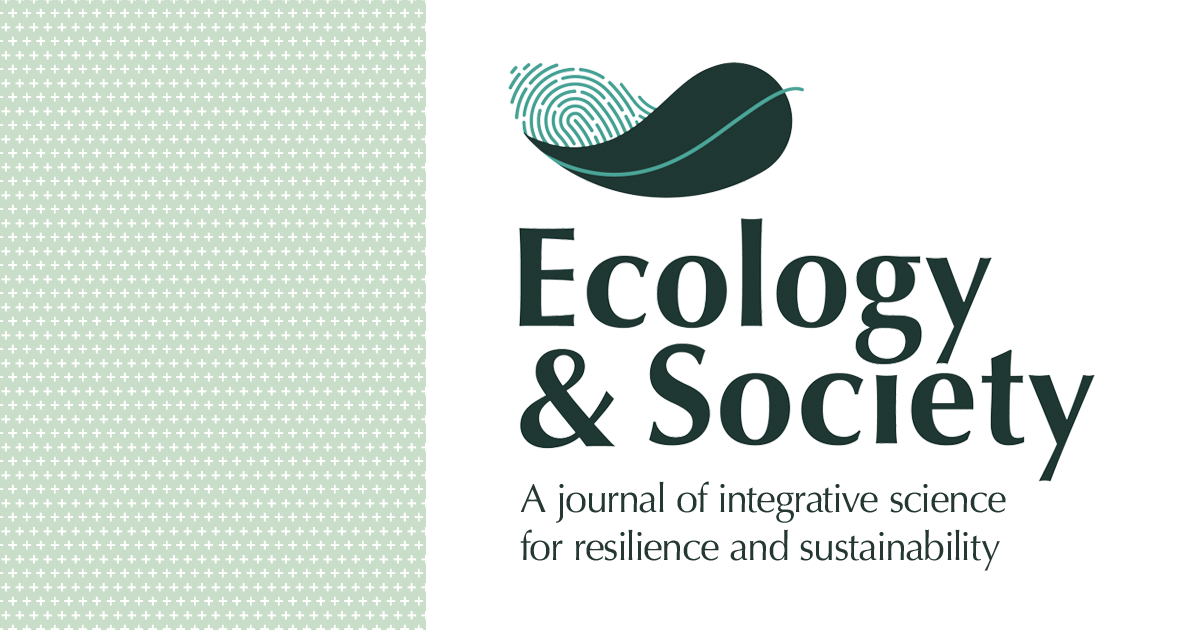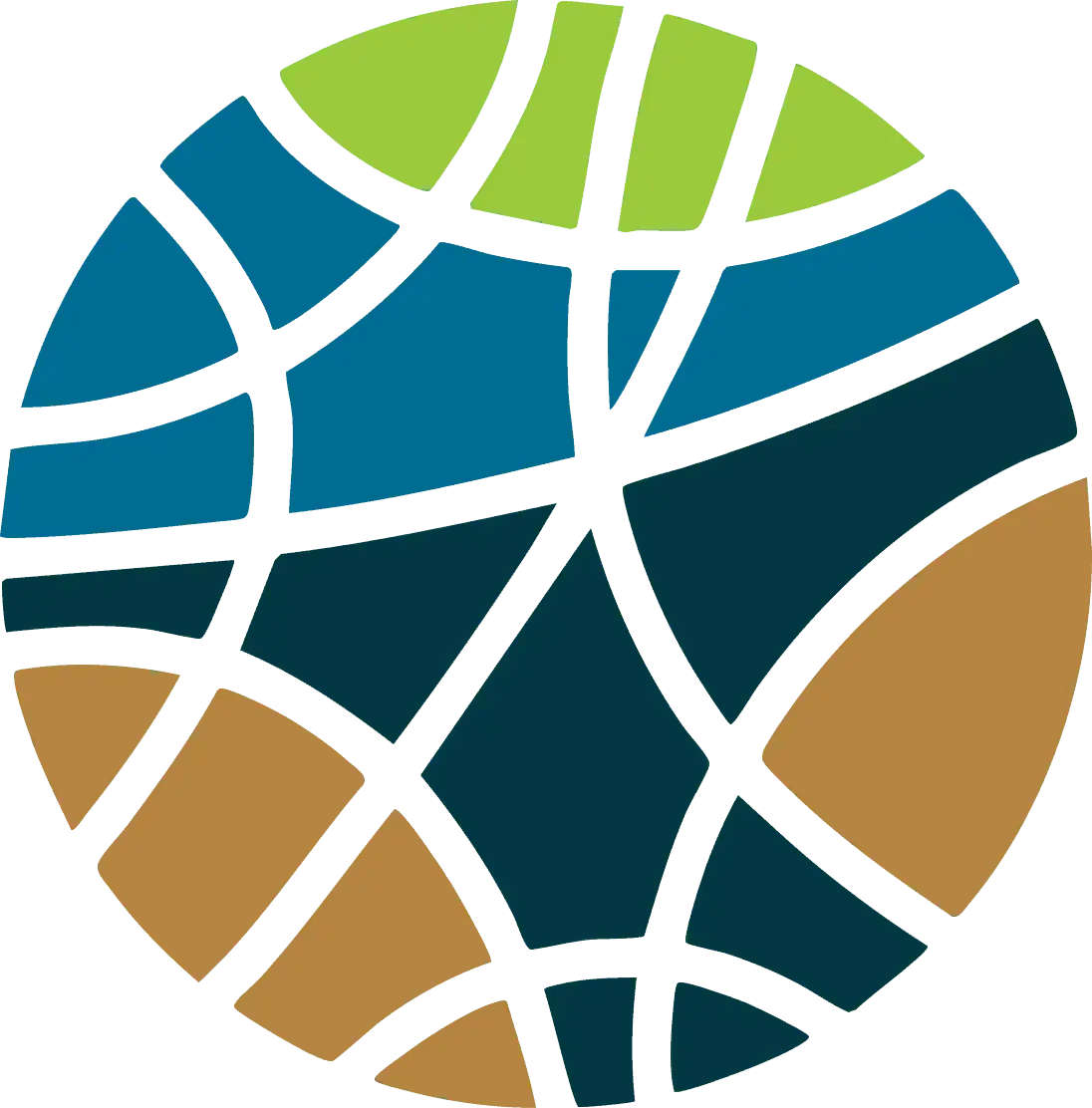A nice reflection on knowledge integration within the recent and major IPBES values assessment work.
https://ecologyandsociety.org/vol30/iss1/art16/

A nice reflection on knowledge integration within the recent and major IPBES values assessment work.
https://ecologyandsociety.org/vol30/iss1/art16/

sharing for  a new home for SES researchers is launching this month.
a new home for SES researchers is launching this month.
SocSES. https://socses.org
 Different ways to operationalise the social in applied models and simulations of sustainability science: A contribution for the enhancement of good modelling practices. https://www.sciencedirect.com/science/article/pii/S0304380024003405?via%3Dihub
Different ways to operationalise the social in applied models and simulations of sustainability science: A contribution for the enhancement of good modelling practices. https://www.sciencedirect.com/science/article/pii/S0304380024003405?via%3Dihub
exciting news, a new Society for Social-Ecological Systems (SocSES) is forming. https://socses.org/
virtual launch on 27th March 

In an attempt to de-jargon and explain my phd project, I've written an introductory, no prior knowledge necessary, blog on it.
https://www.tepunahamatatini.ac.nz/2025/02/17/balancing-with-antarctica/
Joyful that Jean Donaldson has drawn illustrations for it
tl;dr society/ecology + governance/geopolitics at the south pole.
New chapter on the Buzzwordcene https://doi.org/10.1016/B978-0-443-15654-0.00024-4
Challenging #Anthropocene #SocialEcologicalSystems #PlanetaryBoundaries #EarthSystemBoundaries #SocialCapital #ClimateCrisis and more.
See also:
1. https://blogs.egu.eu/divisions/gd/2023/01/25/planetary-boundaries-a-framework-against-geodynamics
2. https://www.taylorfrancis.com/chapters/edit/10.4324/9781003017653-16/planetary-boundaries-ilan-kelman
#Sustainability #SustainableDevelopment #GeoEthics
Developing degrowth scenarios for biodiversity, a call for collaboration. https://link.springer.com/article/10.1007/s11625-024-01483-9
A call for #collaboration:
Systemic #design can be daunting, and the critical nature of the #climatecrisis doesn’t make it less so. The work must be iterative, with contributing voices and ongoing feedback.
I need help with it. As a writer, I ask questions, document, and consider the larger picture. However, I’m not a subject-matter expert in any science or technique. #SocialEcologicalSystems call for collaboration. The more input, the better.
It's day 6 of the #AlterNetSummerSchool in beautiful and sunny Peyresq and we kick-off with Bruno Locatelli talking about "Social-Ecological transformations: Power and justice in the co-production of ecosystem services in Peru"
#SocialEcologicalSystems
#TransformativeChange
#EnvironmentalJustice
#EcosystemServices
[Publi] A new article exploring the #governance of #SocialEcologicalSystems in lock-in traps
by @pfmendezthxx
@FlorianeClement
#Power #NetworksofActionSituations #Doñana #OpenAccess
https://link.springer.com/article/10.1007/s11625-022-01258-0
Just out!! A new article led by Pablo F. Méndez.
We explore #power dynamics in the #governance of #SocialEcologicalSystems in networks of action situations:
https://link.springer.com/article/10.1007/s11625-022-01258-0
#Introduction post!
I am a #marsocsci researcher working with coastal communities, policy makers and practitioners to protect #marine #biodiversity and to achieve #socialjustice and #sustainability in #ocean resource use, under #climatechange.
#postdoc at #ciimar, the interdisciplinary centre of marine and environmental research, university of porto, #portugal.
Happy to learn and discuss about #socialecologicalsystems #consocsci #politicalecology #oceanequity #climatejustice.
#introduction My research focuses on #socialinnovation, #transformations to #sustainability & #justice, #watergovernance, #socialecologicalsystems #resilience & #complexsystems. Also #imagination, diverse #speculative #futures, #reflexivity & more
Love #processdesign, and lead #transdisciplinary education programs with amazing #changemakers from around the world!
Also love humour, too many things for a decent intro & hoping to contribute to a positive, supportive & diverse community here
Looking for Mastodonians in the socio-ecological systems #SES, #ecoecon #sustainabiity space!
Any pointers?